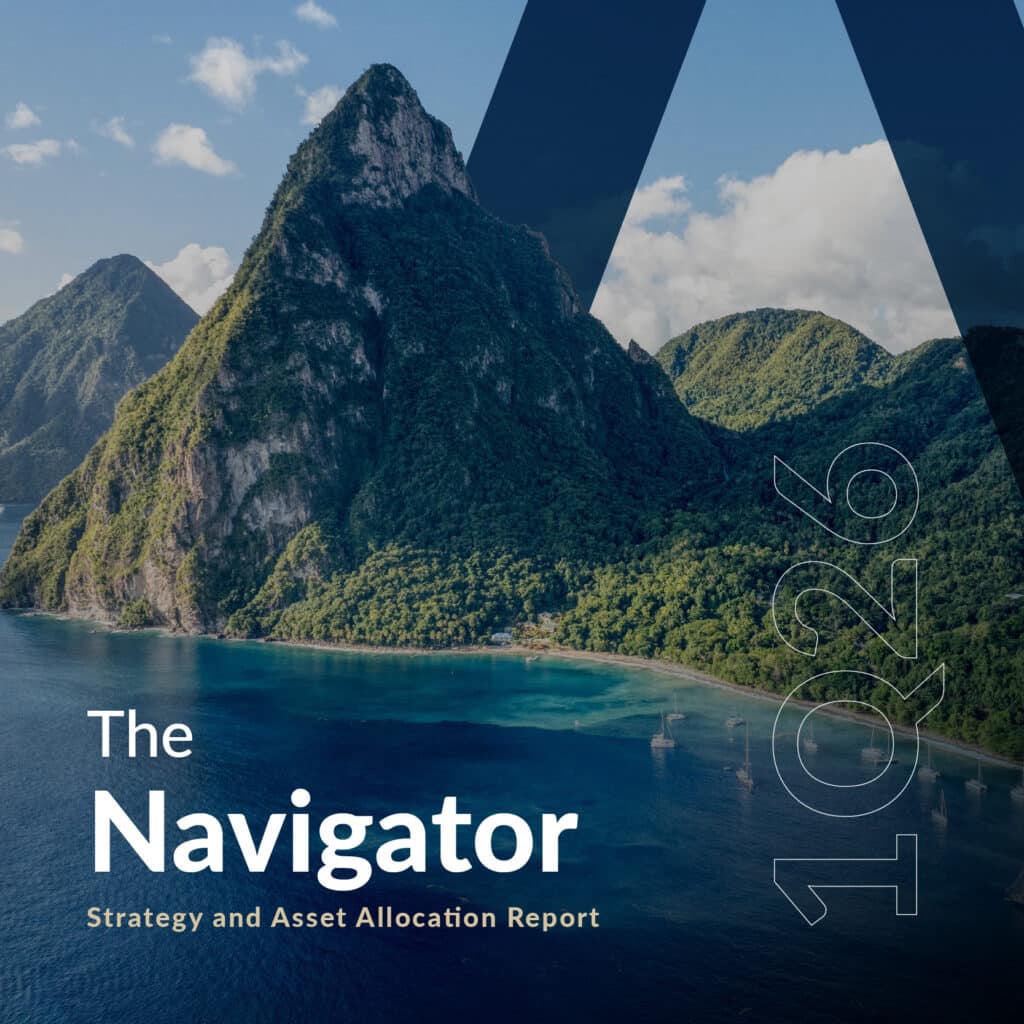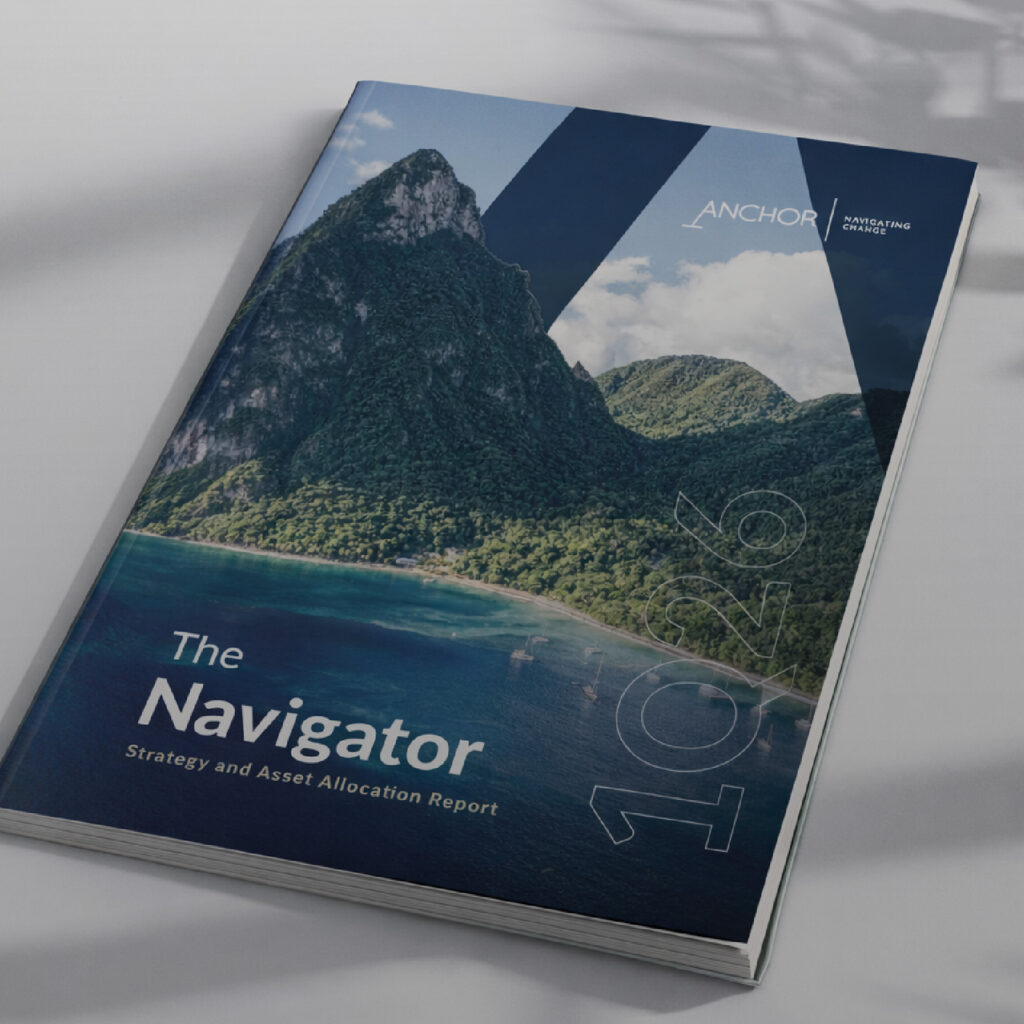On the JSE, most indices closed November in the red although financial counters bucked the trend. The FTSE JSE All Share Index (J203) ended Friday 3.3% down MoM (-14.9% YTD) at 50,663.48. Disappointing November performances from heavyweight constituents including British American Tobacco (BAT; -24.8% MoM), Richemont (-17.4% MoM), Glencore (-15.2% moM), and Anglo American (-12.2% MoM) conspired to pull the JSE lower. The large mining majors (Anglo American, BHP Group, Glencore) also weighed on the resources sector, with the Resi-10 being the worst hit – declining by 11.9% MoM (+0.5% YTD). Industrial shares were also down with the Indi-25 dropping 1.1% (-21.5% YTD). Financials were the outperformers recording a 2.4% MoM gain (-9.4% YTD) as heavyweight banking counters including Standard Bank (+7.6%), Nedbank (+6.8%), FirstRand (+3.9%), and ABSA (+3.2%) posted good MoM gains.
On the macro front, October headline consumer price inflation (CPI) rose to 5.1% YoY (in-line with expectations) vs September’s 4.9% YoY print. MoM, inflation accelerated to 0.5% – unchanged from September. Core inflation, excluding the volatile food, beverages, energy etc. categories, was unchanged from September’s 4.2% YoY. MoM, core CPI came in at 0.1% vs September’s 0.5% print. At its meeting last month, the South African Reserve Bank’s (SARB) hiked interest rates by 25 bpts, increasing the repo rate from 6.50% to 6.75%. The October trade deficit widened to R5.55bn, its biggest increase in 10 months and up from a revised R3.83bn recorded in September.
US Federal Reserve (Fed) Chair Jerome Powell’s dovish remarks indicating the likelihood of a halt in rate hikes after December’s near-certain interest rate increase saw emerging-market (EM) currencies benefit. The rand, which suffered more than most from an EM currencies collapse earlier this year, posted a c. 6.2% MoM gain vs the greenback.
Late in November, Standard & Poor’s announced its decision to retain SA’s sovereign debt ratings at BB and BB+, for debt denominated in foreign and local currency, respectively, and the outlook on stable. The rating agency also kept SA’s sovereign credit rating unchanged at non-investment grade.
Turning to politics, the start of the year’s optimism over President Cyril Ramaphosa’s New Dawn now seems to be light years away as respected ANC members, including Pravin Gordhan and Cheryl Carolus, recounted the staggering magnitude of the looting under former president Jacob Zuma at the Zondo Commission into state capture. In addition, Eskom loadshedding made an unwelcome return and opposition parties accused Ramaphosa of misleading Parliament when he provided the wrong information about a R500,000 donation received from scandal-hit Bosasa. Meanwhile, Julius Malema’s populist EFF experienced the worst publicity since its inception as the erstwhile crusader against corruption, saw more and more allegations of corrupt dealings come to the fore. At the Discovery Leadership Summit in November, Ramaphosa stressed his belief that SA is embarking on a new dawn, adding that to create a free and equal SA – we need to strive for inclusive and sustainable growth. On the controversial topic of land reform, the president said he believes it is absolutely necessary; but promised it would be done fairly, transparently and within the laws of the constitution.




